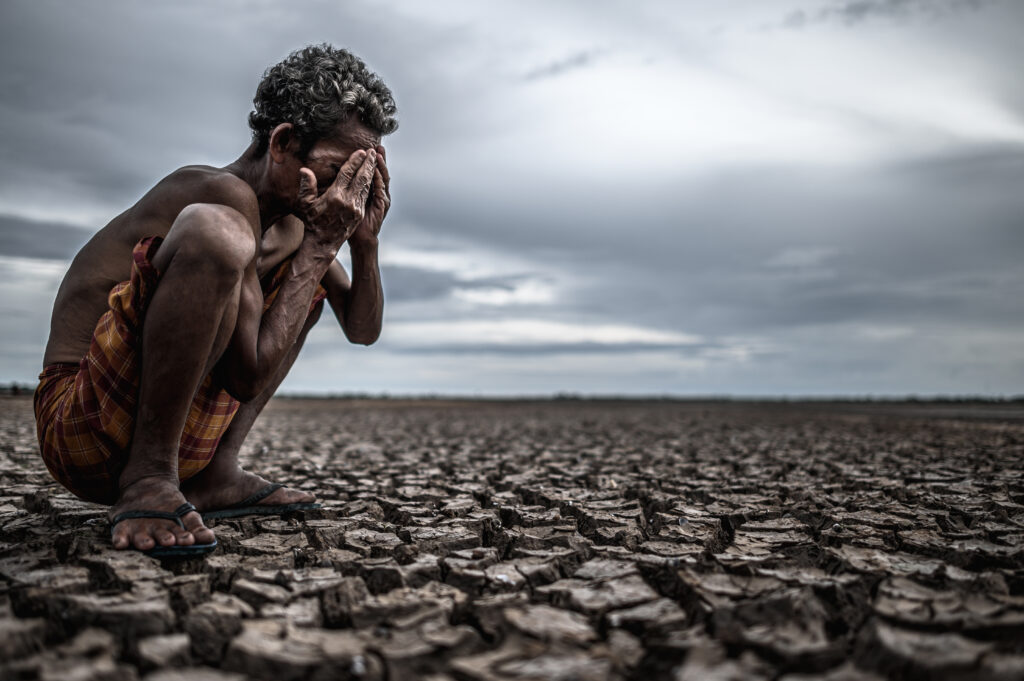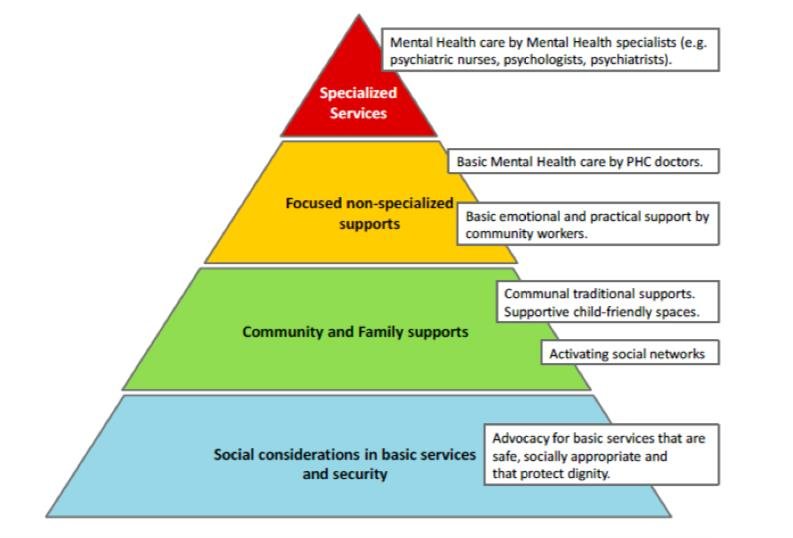Niger: A Country Facing the Challenges of Drought and Desertification

Niger, located in West Africa, is a landlocked country with a rich cultural heritage and a diverse landscape. Despite its potential, Niger faces numerous challenges that hinder its development. One of the most pressing issues is the widespread problem of drought, which exacerbates existing difficulties and affects the livelihoods of its population.
General Information about Niger:
Niger is a country known for its vast stretches of desert, including parts of the Sahara, and semi-arid regions. It shares borders with several countries, including Nigeria, Mali, Chad, Libya, Algeria, Burkina Faso, Benin, and Mali. With a predominantly rural population, Niger relies heavily on agriculture as a primary source of livelihood.
Most Prevalent Issues in Niger:
Niger grapples with various challenges, with food insecurity, poverty, and inadequate healthcare being some of the most prevalent issues. However, the overarching problem that exacerbates these challenges is the persistent threat of drought, leading to desertification.
The Pervasive Issue of Drought:
Drought is a recurrent and severe problem in Niger, causing water scarcity and adversely affecting agricultural productivity. The unpredictable climate patterns result in irregular rainfall, leading to prolonged periods of drought. This, in turn, contributes to soil degradation and desertification, making it difficult for communities to sustain themselves through agriculture.
Detailed Discussion on the Drought Problem:
The impact of drought is multifaceted, affecting not only food production but also access to clean water and overall community well-being. The scarcity of water resources intensifies competition among communities and exacerbates conflicts over limited water supplies. Agriculture, which forms the backbone of Niger’s economy, is particularly vulnerable, with crops failing due to insufficient rainfall and high temperatures.
Solutions to Mitigate Drought and Desertification:
Addressing the challenges of drought and desertification requires a comprehensive approach. Implementing water conservation measures, promoting sustainable agricultural practices, and investing in water infrastructure are crucial steps. Additionally, afforestation programs can help combat desertification by preventing soil erosion and maintaining ecological balance.
In conclusion, the people of Niger face an uphill battle against the adverse effects of drought and desertification. The international community must extend a helping hand to alleviate the suffering of the Nigerien population. Providing financial aid, technological support, and expertise in sustainable development can empower Niger to overcome these challenges. By fostering collaboration and solidarity, we can work towards a future where the people of Niger can thrive in a sustainable and resilient environment. The time is now for the global community to act and support Niger in its quest for a better, more secure future.


